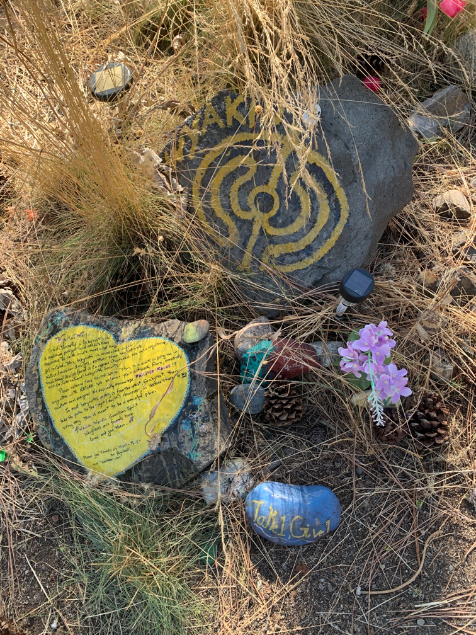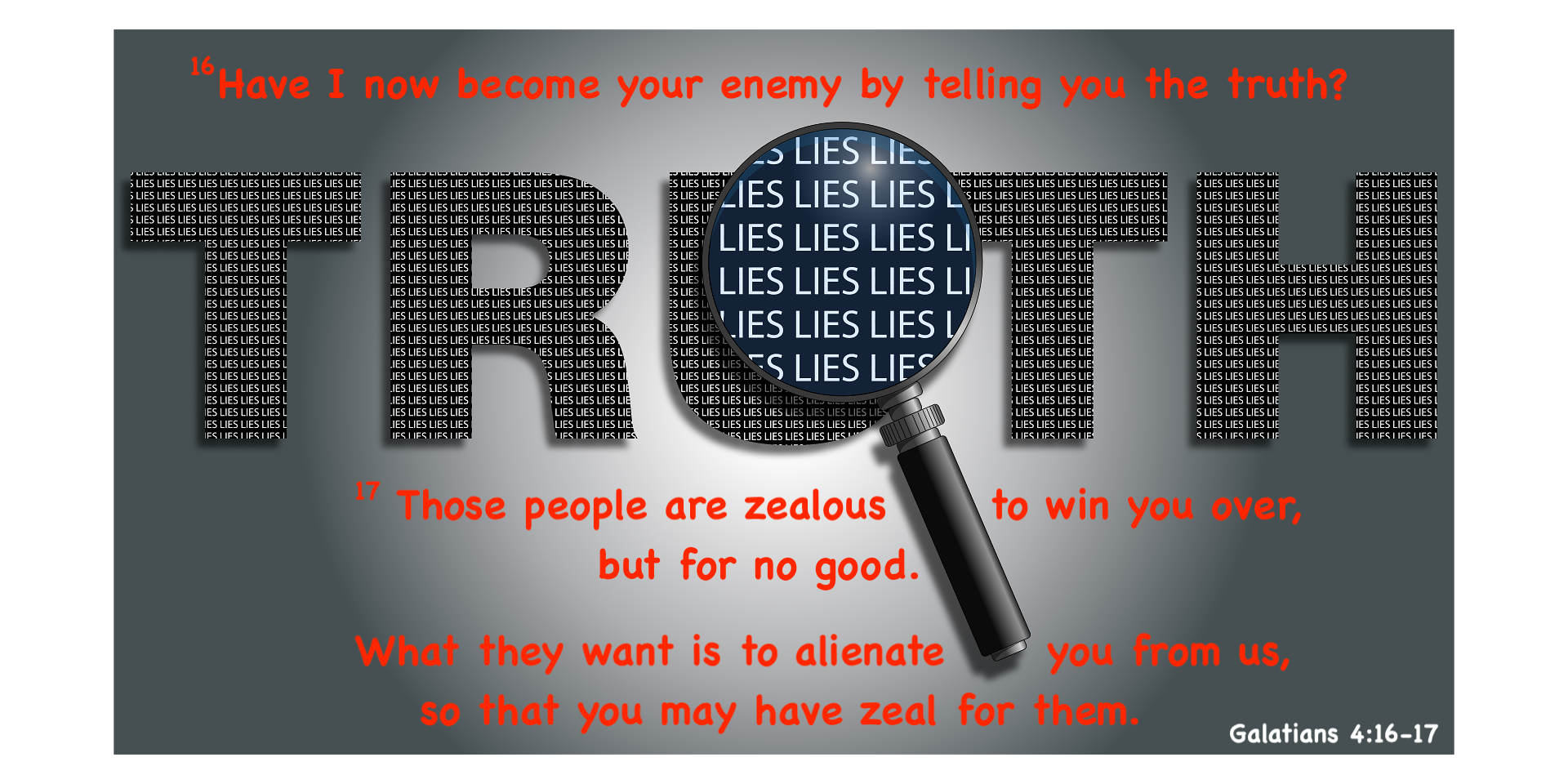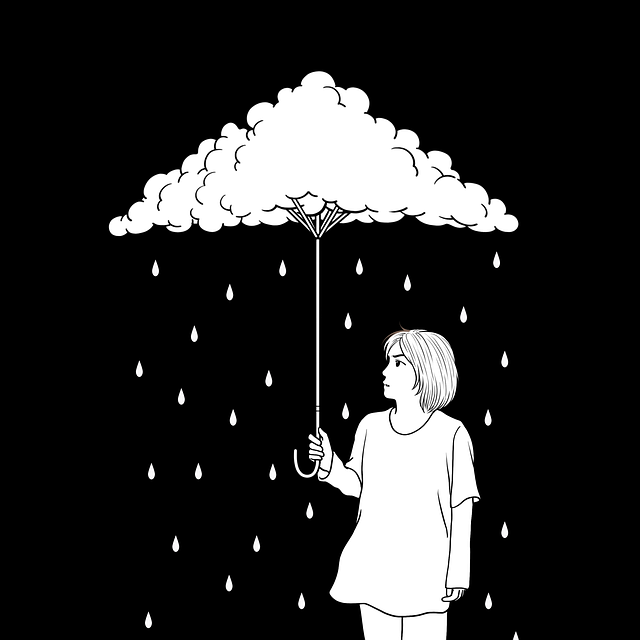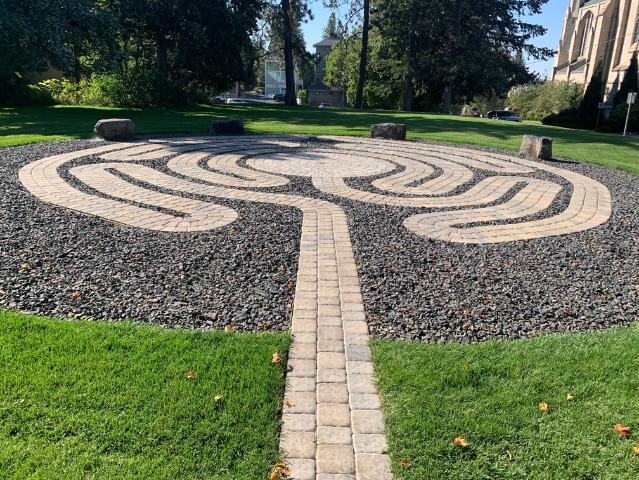Sometimes, an analogy is the best way to make a point.
In this Therapy Thursday session, Ken wanted to emphasize the importance of “preventative maintenance” as part of protecting my heart.
To make his point, Ken suggested that we do an exercise that compared my heart to driving a car.
Ready? Buckle up!
Do I trust people to stop at red lights?
(NO)
Takeaway:
People may be reckless for any number of reasons. I know this. It is for this reason that I am attentive at stop lights.
People may be reckless with my heart and feelings. Pay attention to the boundaries.
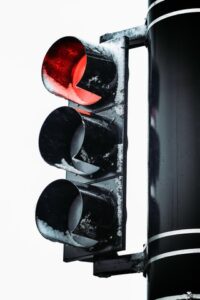
Do I trust people to stay in their own lanes?
(NO)
My takeaway: I already know that people may not pay attention to or respect lane lines (boundaries).

How do I combat this?
(by paying attention to what’s going on out on the road)
Pay attention to what’s happening around me.
Pay attention to what people say and do.

Why?
(to avoid accidents)
Takeaway: An ounce of prevention is worth a pound of cure. If I pay attention to what’s around me, I can reduce the possibility of accidents.

What if you find you’re not paying attention to the road?
(I jerk my attention back to the road)
Takeaway: Sometimes, it’s me. Sometimes I am the one who needs to pay closer attention.

Why?
(to avoid being the cause of an accident)
Takeaway: If I don’t want to be the cause of an accident, I also need to stop at red lights, respect boundary lines and pay attention to what’s around me.
Otherwise, I could be the cause (and bear the consequences) of an accident.

Ken asked, “So, why would you take better care of your car than you do of your heart?”
He added that it’s fairly easy to replace the bumper on your car, but erasing the cynicism in your heart is much harder.
Of course, I challenged his thinking/logic.
(Of course I did!)
I disagreed with his assertion that I was often reckless with my heart and my recklessness caused lasting scars on my heart. (In my mind, I though I was good at “bouncing back” with only minimal long-term impact…)

Ken then asked what would happen if I had a bowl of clear, pristine water and someone added black ink. How easily can you remove the ink from the water, which is no longer clear?

Some experiences stay with you – and impact you long after the experience has ended.
Consequently, it’s worth it to take extra care to safeguard you heart, just as you try to avoid having (or causing) an accident with your car.
Lastly, be equally conscientious about how you treat other people’s cars (and hearts).







